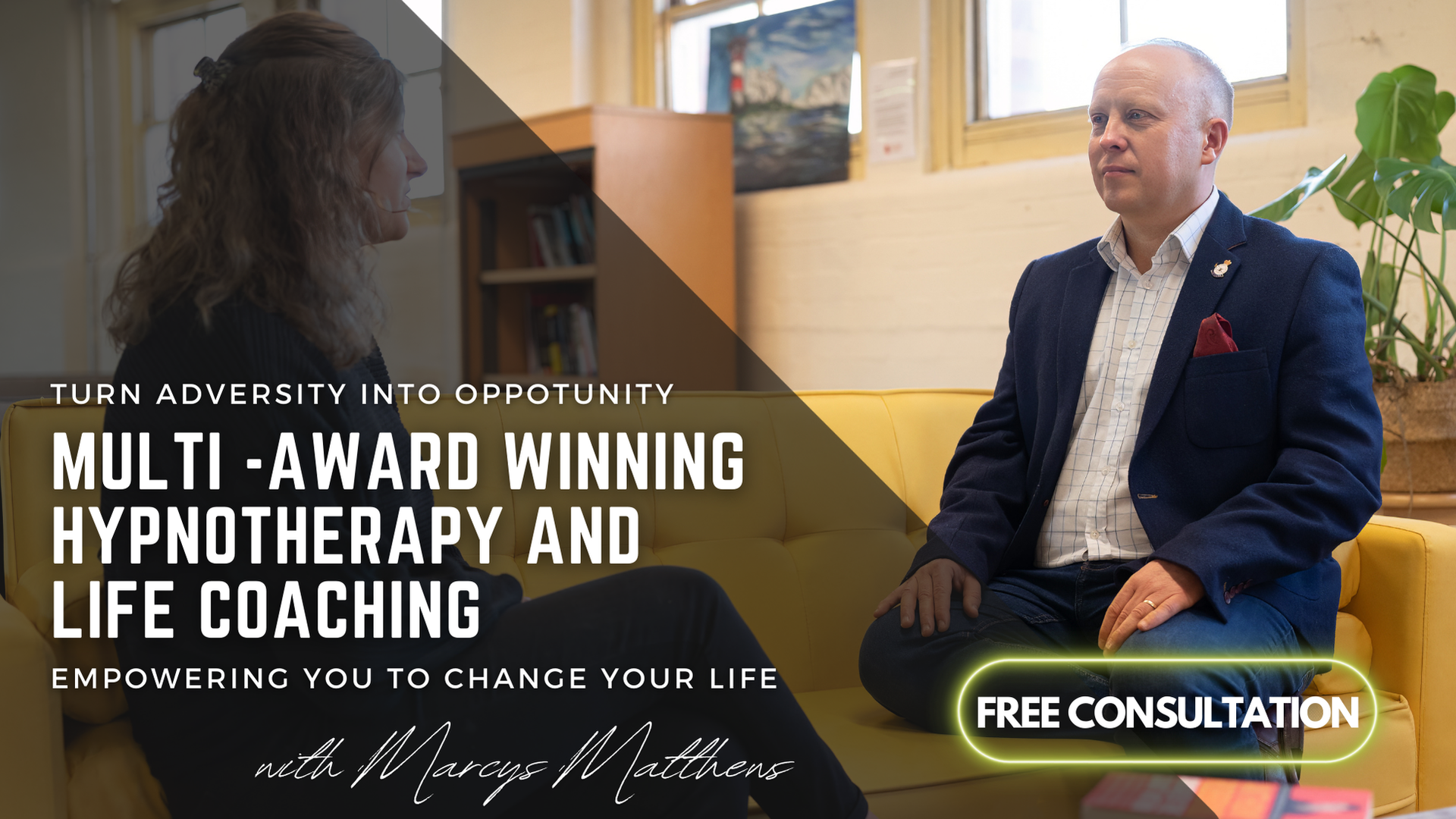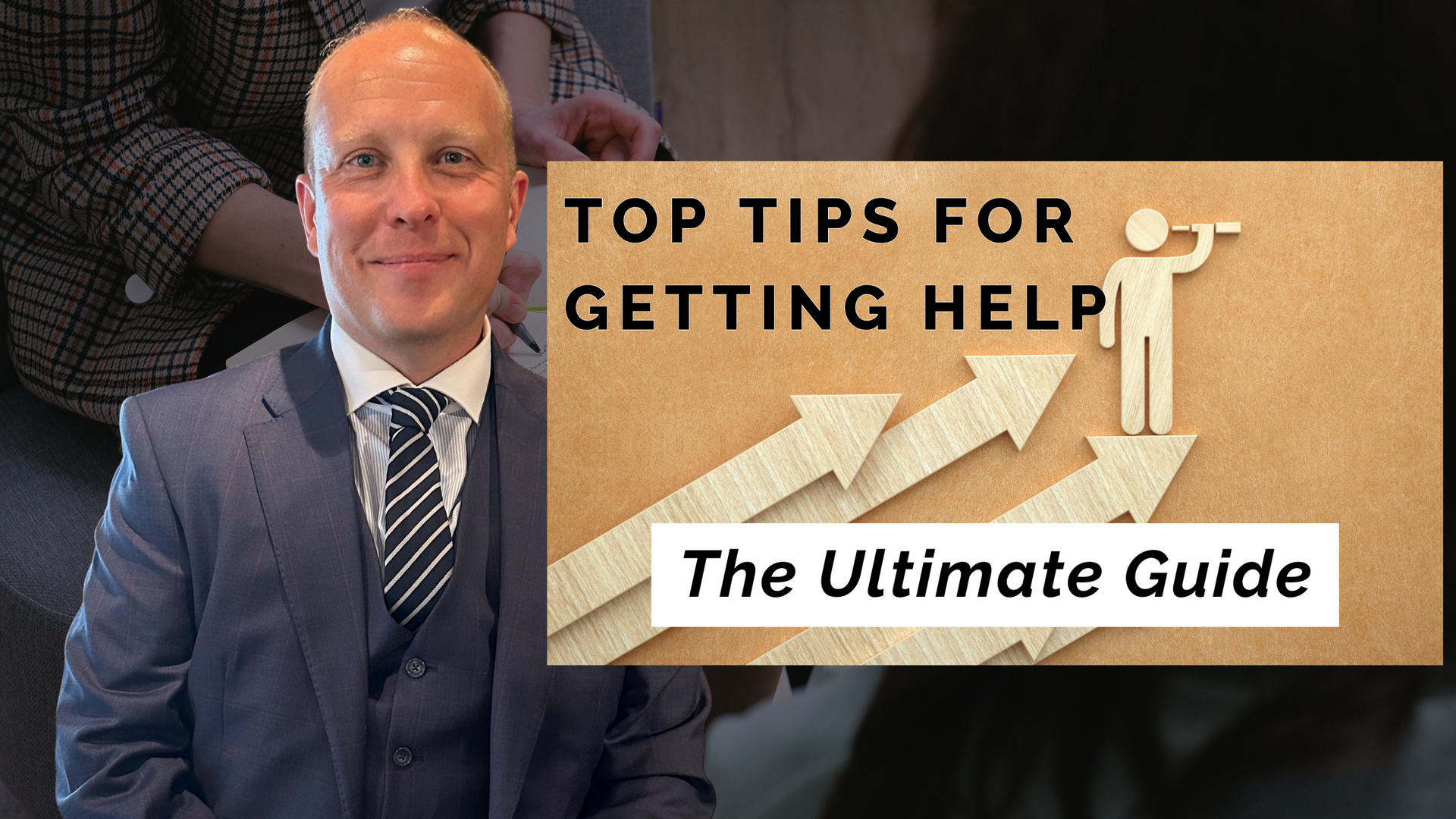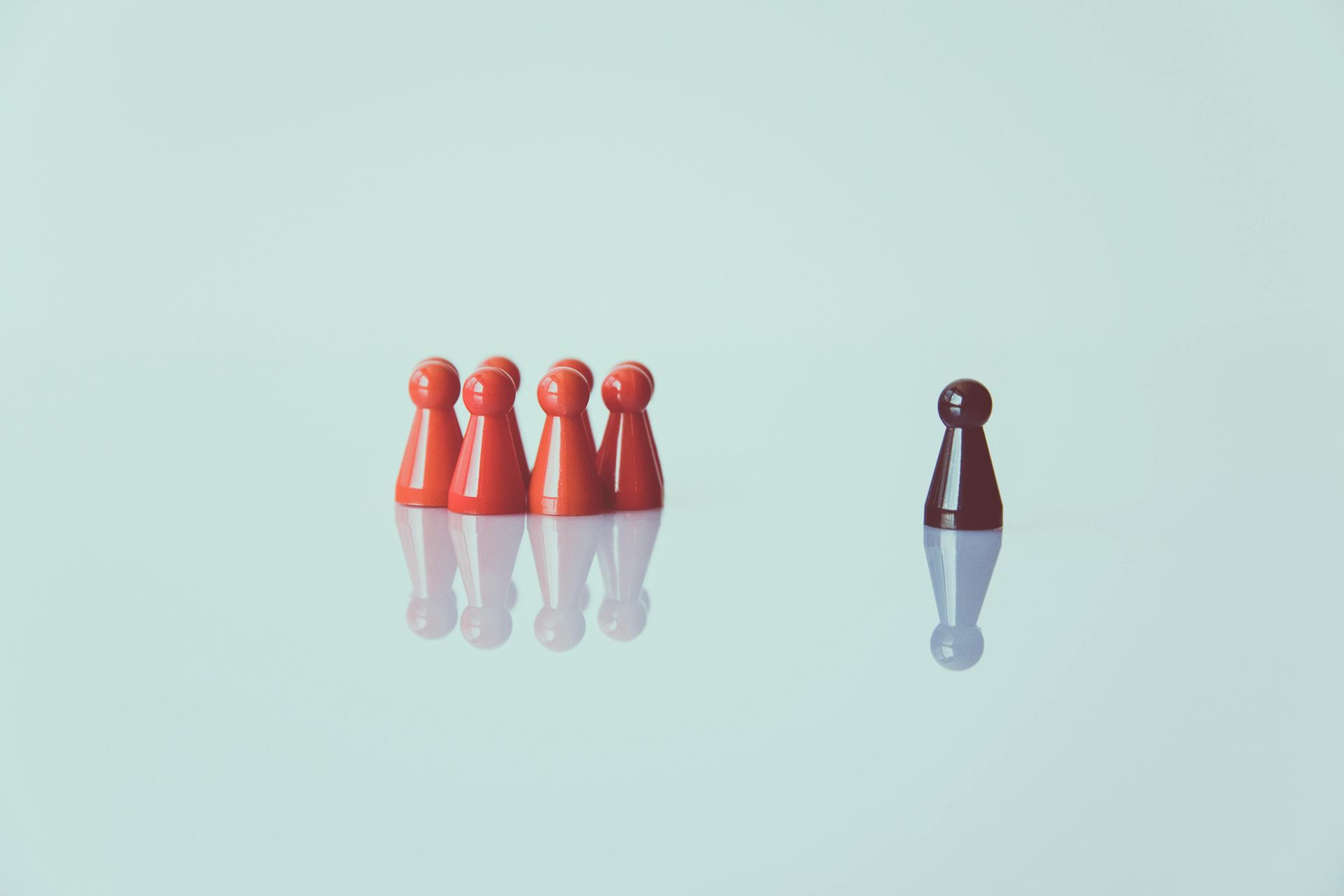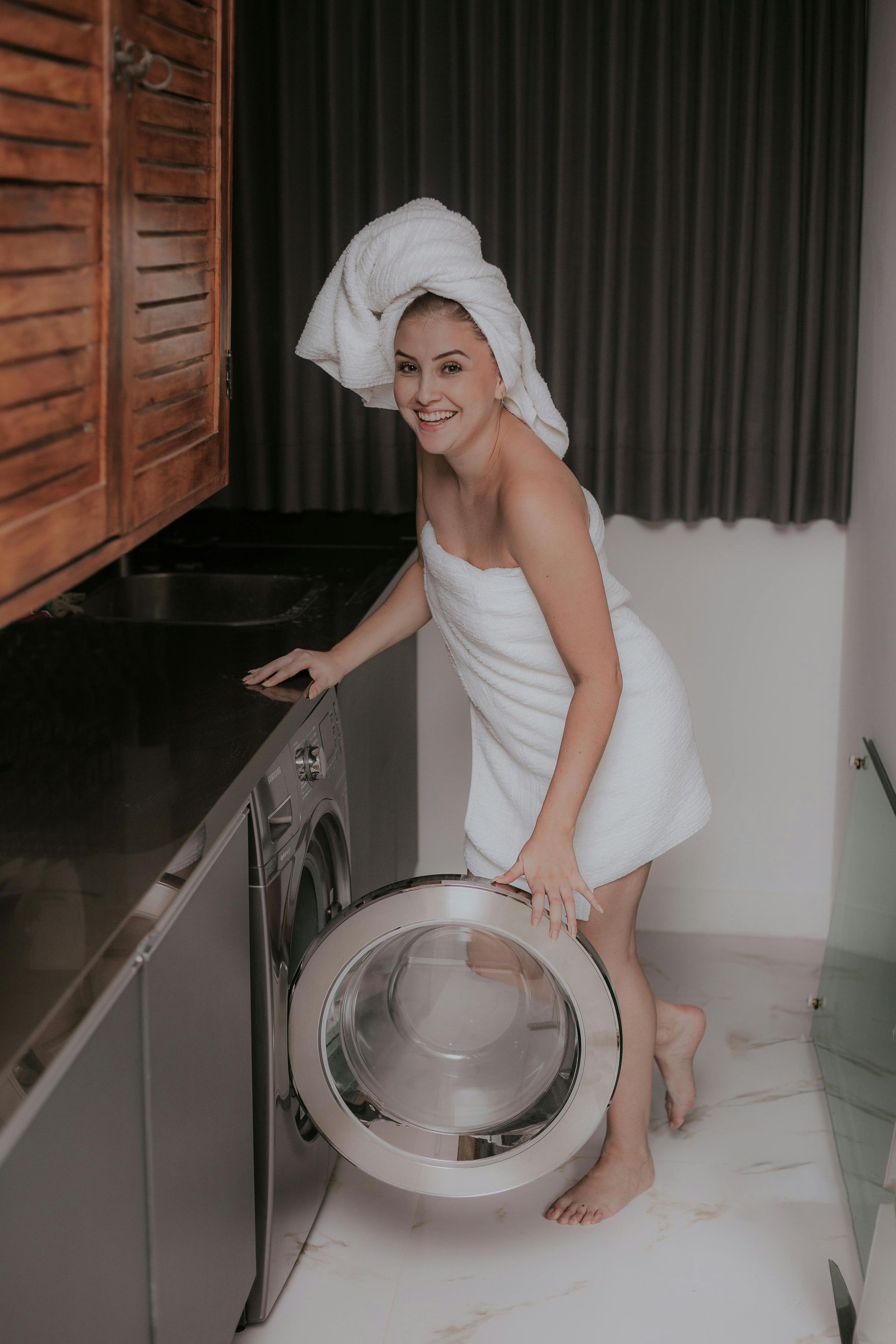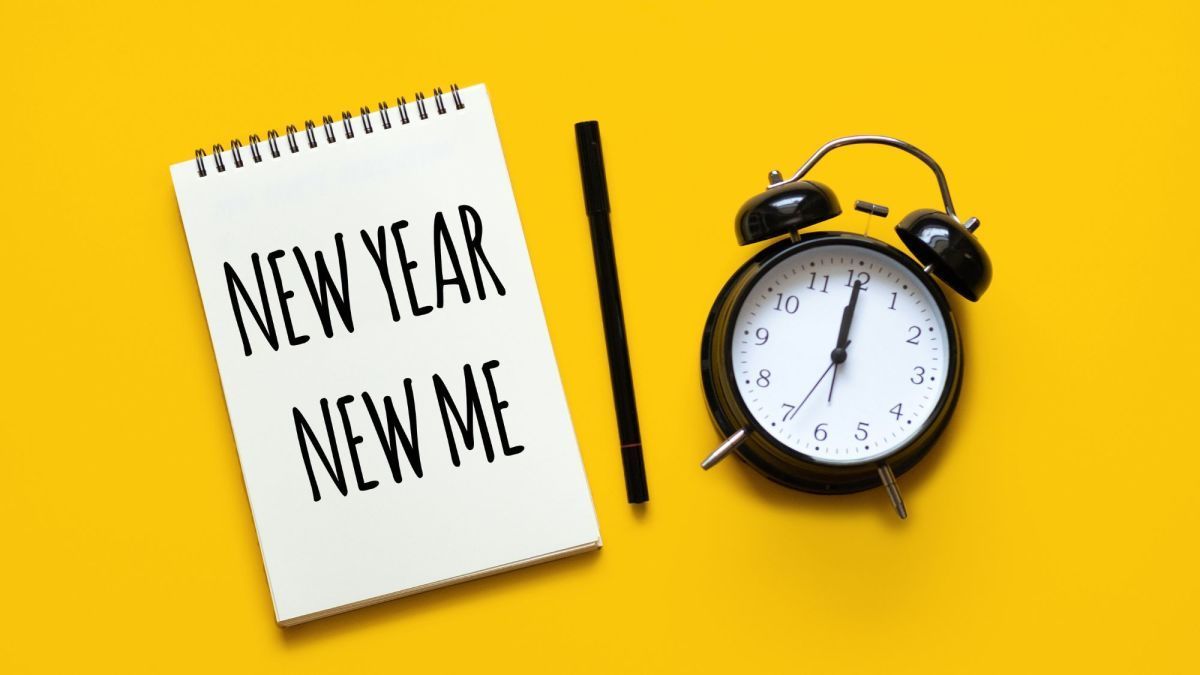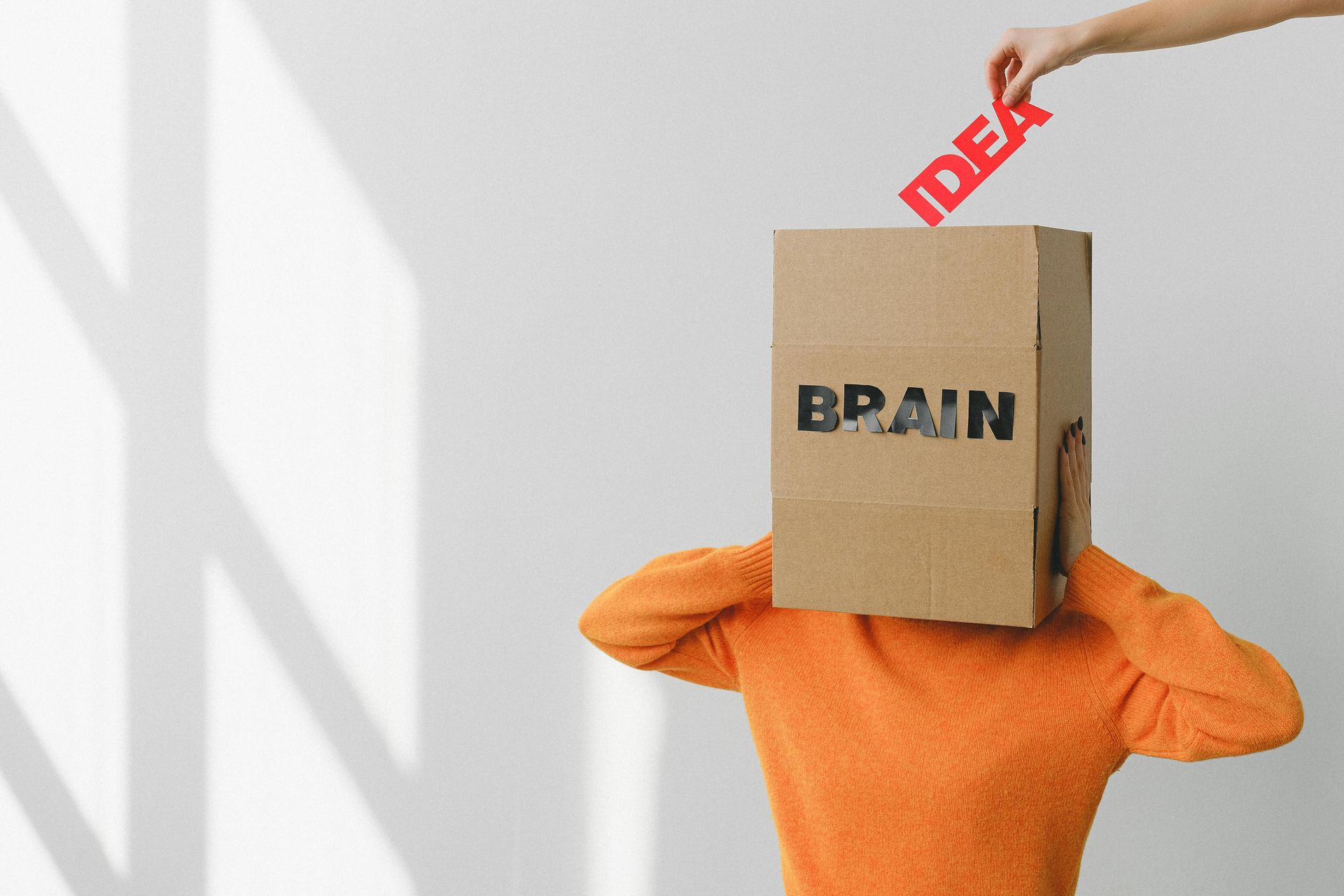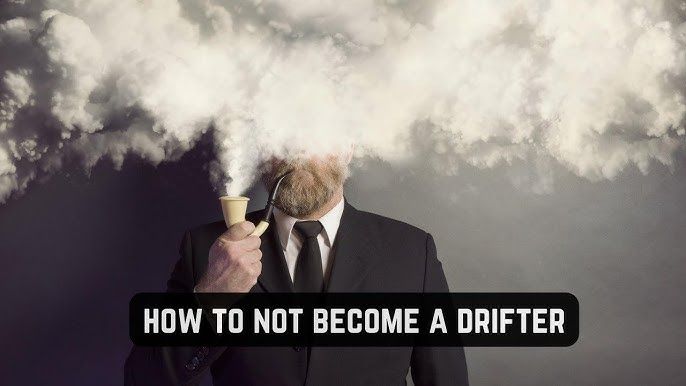Why have we got addiction all wrong
Breaking Free from Societal Norms: Finding the Right Path to Support
A familar story as services stuggle to help people. In this blog I reveal the reason why she was addicted and why traditional methods don't always work
Addiction is about Connection
Our minds primary role is to keep us safe and connect to what is familiar, when it comes to addiction in any form be that drugs, porn, gambling, food or even toxic relationships, why is it given all the evidence we can't quit.
The subconscious mind drives 95% of behaviour in the form of feelings, so trying to rationalise addiction doesn't work.
Society often nudges us down well-trodden paths, pushing us towards conventional methods of seeking help when we struggle with mental, emotional, or personal challenges. The idea of reaching out to a therapist, attending support groups, or sticking to the routines that “everyone else” follows seems like the safest option.
Why?
The mind loves what is safe and familiar - Not what we really need.
But what if these traditional routes don't work for you?
What if, despite your best efforts, you feel more lost and disconnected?
The truth is, societal norms can mislead us into believing there’s only one way to get help. We’re conditioned to think that following these conventional routes is not just preferable, but the only valid approach. Yet, often these paths don't cater to individual needs, and worse, they may ignore the unique complexities of our personal struggles.
The fear of the unknown keeps us shackled to familiar methods that, while popular, might not be right for us. Trying something new often feels like stepping into a dark room without a light—uncertain, intimidating, and risky. But taking that leap could be the key to unlocking a more authentic and effective form of healing. The challenge lies in daring to question these norms and embracing alternative approaches, even if they defy mainstream expectations.
Lost Connections
In his 2015 TED Talk, Johann Hari challenges the conventional understanding of addiction, arguing that it’s not primarily caused by chemical hooks in drugs but by a lack of connection and meaningful relationships. Drawing on research and examples, including experiments with rats and the impact of Portugal’s drug decriminalisation, Hari explains that when people have fulfilling lives, strong social bonds, and a sense of purpose, they are far less likely to fall into addiction. He emphasises that the opposite of addiction is not sobriety but connection, advocating for a compassionate approach that focuses on rebuilding human connections rather than punishing those struggling with addiction.
In my own work I echo this as an absolute truth.
A Client’s Journey: From Addiction to Empowerment in 21 Days
My client had sought help from traditional means but instead of helping, she felt more disconnected, less safe and this was actually fueling the addiction. She described her experience as noise in her head and she just wanted to escape.
Why then with a great friendship group, a supportive family did she fall into this addiction if connection is key?
Those who genuinely want to help us can inadvertently make us feel even more disconnected, often because their approach strips us of control, leaving us feeling powerless in our own healing journey. Services designed to support often place labels on us—addict, depressed, anxious—defining us by our struggles rather than our strengths. This labeling, combined with the concerns of family and friends, can fuel feelings of shame and guilt, trapping us in a cycle of disempowerment. As Brené Brown highlights, shame thrives in silence and judgment, deepening our sense of disconnection, while empathy—the antidote to shame—requires listening without judgment and offering support without trying to “fix” us. Similarly, Gabor Maté emphasises that addiction is rooted not in a desire for the substance itself but in the pain that drives the behaviour, highlighting the need for compassionate understanding rather than control. When help feels like control, it compounds the problem; but when it’s rooted in empathy, respect, and genuine connection, it empowers us to reclaim our narrative and actively participate in our healing.
Whilst we feel we need to look for answers on the outside, by doing so we have no control or choice in the process and this is fundemental in making real change.
The answers lie within

Within just 21 days, her life started to change and one insight changed everything, it was so simple so obvious, but in the noise of others she could not see it.
Through hypnotherapy, she was able to address the root causes of her disconnection and feelings of inadequacy. Mind coaching empowered her with practical strategies to reclaim control, reframe her thoughts, and rebuild her self-worth. The sessions helped her reconnect with her inner self, and she found clarity and peace she never knew was possible.
This shift had a profound impact on her relationships, as she found self-confidence and emotional resilience allowing her to rebuild trust in herself which created safety and connection with her loved ones. She didn’t just quit ketamine—she reclaimed her sense of purpose.
In less than a month, she went from feeling lost and unworthy to empowered and engaged, illustrating the profound impact of exploring paths less traveled.
What's more she passed her driving test giving a new sense of freedom, started training at the gym and secured a new job.
Embracing the Unconventional: Finding What Works for You
This story is a powerful reminder that there is no one-size-fits-all approach. When traditional methods fall short, it’s okay to look beyond societal norms and explore unconventional options. Whether it’s hypnotherapy, alternative coaching, or something entirely different, the key is to find what truly resonates with you.
Fear of the unknown is natural, but it shouldn’t dictate the choices we make for our well-being, nor should you rely on the expectations that Doctors and other professionals have all the answers. Challenging societal expectations and embracing alternative methods which can lead to breakthroughs that conventional paths simply cannot provide. If the usual options aren’t working, don’t be afraid to carve your own path—you might just find that the solution you need lies in the unexpected.
Your journey is yours alone, and there’s immense power in discovering the right support system for you, even if it means stepping outside of what feels comfortable or traditional. By embracing new possibilities, you open the door to healing, transformation, and a deeper connection with yourself and the world around you.
Who do you know?
Whether it's addiction, lack of condidence, anxiety or any other challenge which is stopping you living your best life, know that alternatives are there if you are willing to have that conversation.
Top Tips for choosing complimentary menthods
- Do your research, does the practitioner have testimonials that back up their claims
- Are they part of any professional bodies
- Speak to them and challenge their knowledge
- What guarantees do they offer
- Do they have previous clients you can speak to
It is important that you do not take on face value what a service is offering, whether that be the conventional routes through your GP or Heathcare provider be that private or public, or more holistic and complimentary routes.
By considering all the options paid and free you can take back control.
Please share this blog because together we can make a real difference in peoples lives
